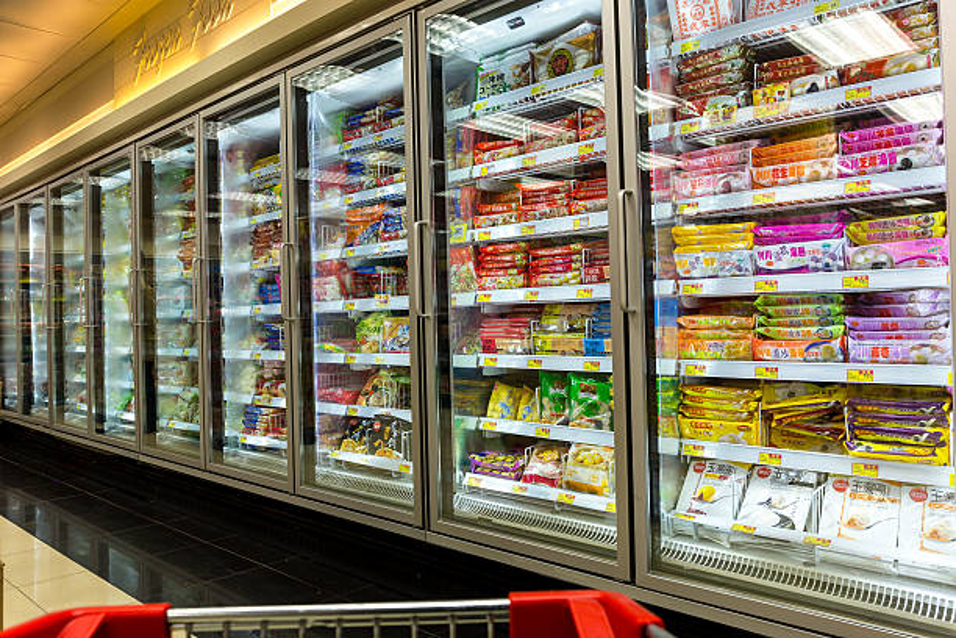In the last century, climate controlled warehouses like ours have become increasingly important thanks to the rise of the frozen food industry. Without organizations like Minnesota Freezer Warehouse Company, consumers would have access to only a fraction of the food products currently available in any given grocery store. Frozen storage has greatly increased the food available to the consumers.
Frozen foods remain safe for consumption longer than their non-frozen counterparts, which means they can be distributed more broadly. As a result, people can buy products that aren’t made in their home regions, which wasn’t an easy thing to do before the advent of commercial freezing.

In this day and age, most of us take frozen foods for granted, but have you ever wondered why freezing a product preserves it?
All foods contain a certain amount of microorganisms, which will eventually cause them to spoil. Most of these microorganisms rely on the water present in food to grow and thrive. When a food is frozen, the water it contains turns to ice and becomes unavailable to microorganisms. Thus, the microorganisms become dormant and the spoilage process is halted. Freezing also slows down enzyme activity, which is another factor that can lead food quality to deteriorate.
By halting microbial growth and reducing enzymatic activity, the freezing process keeps foods from spoiling, prolonging their shelf lives and making them more accessible to consumers everywhere.

At Minnesota Freezer Warehouse Company, we play an integral role in the frozen foods industry by providing manufacturers with freezer storage and assisting with cold chain logistics. We are happy to be involved in bringing so much product variety to freezer aisles in supermarkets throughout the region.
To learn more about our climate controlled warehouses in Minnesota, contact MFWC at (507) 373-1477 or send an email to info@mwfc-cold.com. We look forward to assisting with all of your cold storage needs.
